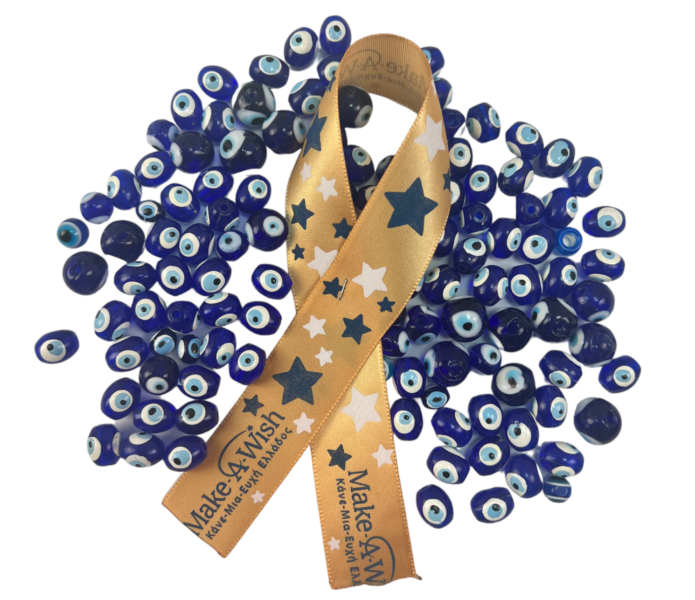Prejudiced? No!
Aware?YES!
Every time we hear the word “cancer” our mind immediate associates it with a terminal and incurable disease or something bad and evil entering someone’s life. That’s why, sometimes people, especially the ones from older generations, combine into the same sentence the word “cancer” with phrases like “knock on wood”, “touch wood”, etc.
These were the expressions that the unawareness existed in earlier times made “cancer” to be a word terrifying and something that was “incurable”, while myths concerning the illness were being created and still today, cannot be demystified. At the same time, due to the lack of information about cancer treatments and cures, cancer patients continue to be marginalized and stigmatized. In the past years, similar reactions were also caused when someone referred to illnesses that are now cured, such as tuberculosis. All of these affect the valuable psychological state of the patient and doesn’t facilitate their proper treatment. Things are also getting worse for patients’ family, friends and colleagues, who are trying to deal with the situation realistically and help in the proper reintegration of the patient later on.
Childhood cancer is a rare illness but terrifying to hear about it. Some people justify the terror they feel about the illness by claiming that there is lack of information.
 However, is it true that there is a lack of information or do we prefer to turn a blind eye because we can’t handle it? Does anxiety and fear simply destroys the present and certainly does not improve the future, as our doctor, Vasilios Papadakis, says?
However, is it true that there is a lack of information or do we prefer to turn a blind eye because we can’t handle it? Does anxiety and fear simply destroys the present and certainly does not improve the future, as our doctor, Vasilios Papadakis, says? 
Let’s see some true facts about childhood cancer:
1. Chrldhood cancer is a rare illness
2. At the beginning, childhood cancer symptoms look like the symptoms of a simple flu
3. Early detection of lasting symptoms is essential
4. In Greece, there are special centers with specialized doctors
5. International and innovative treatments are applied
6. Cure rates are high in most cases
In case of children, those that are younger than 11 years old are those who get affected more by marginalization and lack of information. Even with a simple Internet search, a lot of incorrect information and contradictory data can be brought up. Getting the right information by specialized health professionals for each child individually is essential and useful. Research shows that diagnosis and treatment of childhood cancer can also have an ultimate impact on the body, psychology and social reintegration of cured patients.
And that’s why our work is crucial for children with childhood cancer.
Shall we be allowed to use the expression: “It isn’t always necessary to cure in order to heal” referring to mental cure, the contribution of our work to the healing of the trauma of the illness. For some children and families, the wish journey is the “restart” they need in their life, a temporary “pause” from the treatments, the hope that brings a spark of light into darkness. For all families, without exception, it is ALWAYS the most beautiful experience and the one that gave the children the POWER to continue fighting hard either for continuing their treatments or for returning to their everyday, usual life. Besides, according to the recent survey data conducted not only in Greece, but also all around the globe separately, 7 out of 10 children said that their physical well-being improved, while 7 out of 10 health scientists believe that there was an improvement in medical outcomes.
The article was written with the valuable assistance of the organization’s scientific advisor and Vice Chairman of the Board of Directors, Vasileios Papadakis, MD, PhD, Pediatrician- Haematologist

